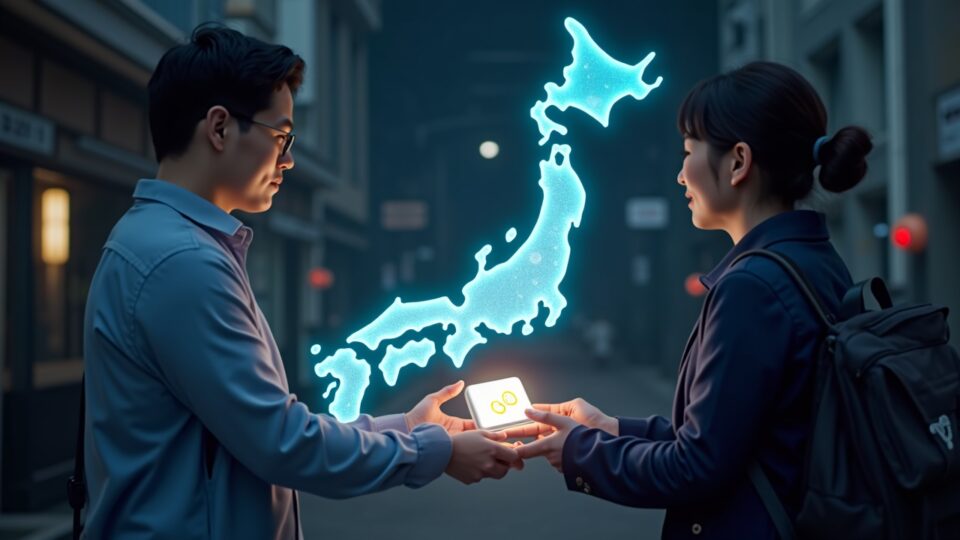Japan local governments are issuing NFTs to pull travellers away from crowded cities and toward shrinking towns. Trials run by travel agencies and small shops convert local activities into digital tokens and let visitors pay with crypto. A 2026 payment platform on the XRP Ledger aims to accept USDC and USDT for hotels, buses and souvenirs.
The strategy frames NFTs as both souvenirs and proof of participation to nudge repeat visits, while crypto payments lower friction for foreign tourists. Authorities present the plan as a response to depopulation and overburdened hotspots such as Kamakura.
Echizen Quest turns crafts, temple walks and similar activities into tradable NFTs. Run by Toda city with JTB and Fujitsu, it sells tokens that record who took part in cultural experiences. These NFTs act as receipts that buyers can keep or resell, and the city hopes that secondary trading encourages people to return.
SBI Ripple Asia and Tobu Top Tours will open an XRP Ledger payment system in 2026 that accepts USDC and USDT for rural services such as lodging, transport and souvenirs. Foreign visitors will be able to pay without credit cards or yen, which the operators say removes currency exchange steps and could spread tourist spending beyond major hubs.
Campaigns borrow from “Oshikatsu” fandom culture, aiming to channel the enthusiasm of fans who spend freely on favorite places or idols toward lesser-known prefectures. Both projects share the goal of shifting traffic from crowded destinations to towns in decline.
Initiatives and goals for Japan government
Not everyone is convinced: critics argue the effort is late, claim “the NFT scam is over,” and warn that hype may fade before any lasting benefit appears.
According to SBI Ripple Asia and Tobu Top Tours, token payments can streamline purchases for inbound travellers by removing currency exchange steps and simplifying transactions across small shops and transport.
Resold experience tokens could create a secondary market, yet prices may drop if demand is weak or internet access is limited in rural areas, undermining the appeal of tradable souvenirs.
Past NFT fraud and lost wallets color public opinion, and a single lost key or hacked site could halt the program, eroding trust among travellers and local merchants.
Stablecoin and NFT sales must follow KYC/AML rules, and shops need clear guidance on tax treatment, refunds and price display to avoid confusion and penalties.
Partners include Toda city, JTB and Fujitsu for Echizen Quest, with SBI Ripple Asia and Tobu Top Tours leading the payment platform; Echizen Quest is live as a pilot, while the XRP Ledger system is slated for 2026 amid risks from user distrust and unclear rules.
The next clear test arrives with the 2026 launch. If tourists use stablecoins to book rural hotels and guides, the projects will reveal whether NFT souvenirs and token payments can deliver steady income to declining Japanese regions.
Ultimately, success depends on turning experimental tech into reliable, trusted infrastructure that eases travel spending, spreads visitors beyond famous sites and sustains local economies without the pitfalls that have dogged earlier NFT efforts.

